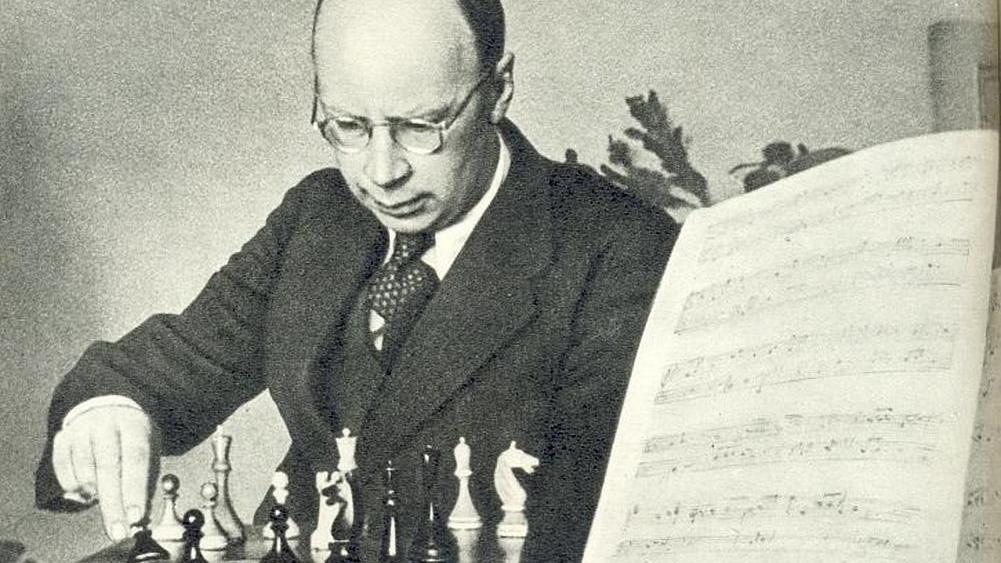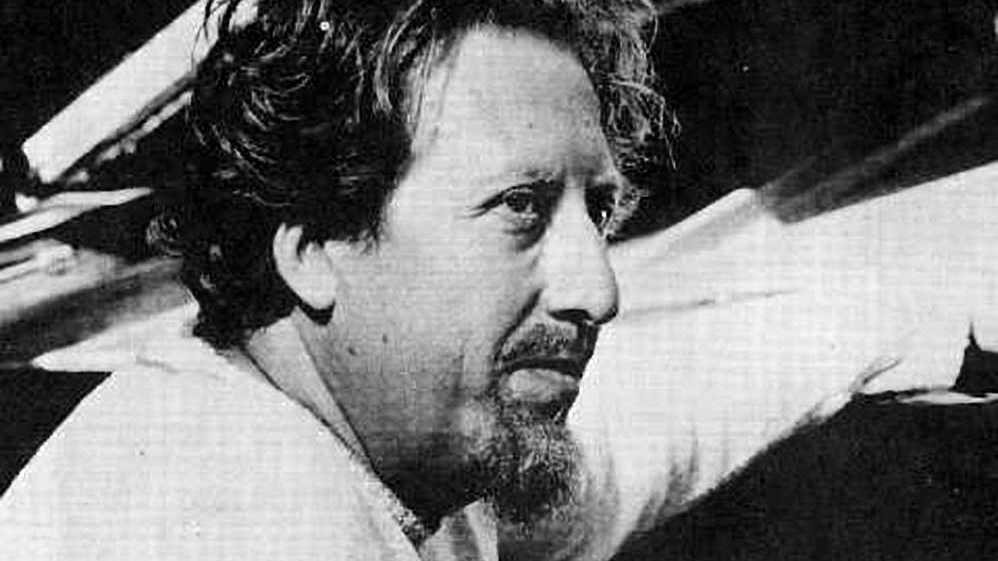Prokofiev’s Second Piano Concerto: A Colossus Reborn
Sergei Prokofiev’s Piano Concerto No. 2 in G minor rise ups before the listener as a formidable colossus. The work is scored for an enormous orchestra which includes three trombones, tuba, and an array of percussion instruments. It is set in four movements rather than the traditional three. At moments, the piano seems to be pushed to the edge of its limits and consumed by a blazing, raw power. For the soloist, the Concerto’s technical …






